Keywords: Punishment
There are more than 200 results, only the first 200 are displayed here.
-
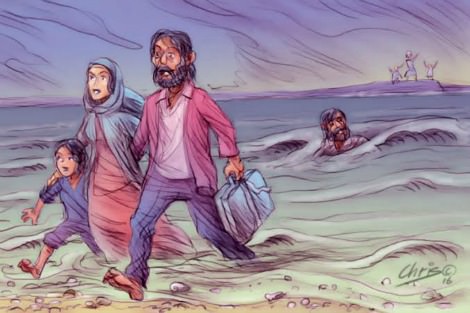
AUSTRALIA
- Kerry Murphy
- 20 June 2016
2 Comments
Mustafa speaks very good English, and his professional skills are going to help him get work in Australia. He is not going to take an 'Australian's job' - he will work and contribute to the economy, as we all try to do. Ali's situation is far less certain. He came on a boat after being approved as a refugee by the UNHCR in Indonesia. He saw no movement in resettlement from Indonesia so he came to Australia. He is one of the thousands who, if they can prove their refugee case, only get a temporary visa.
READ MORE 
-

AUSTRALIA
- Frank Brennan
- 30 May 2016
5 Comments
'Being in the middle of an election campaign, I will not be making any partisan party political points. However being here in the bellwether seat of Eden-Monaro, I will conclude with a critique of both major political parties, and with one piece of political advice for citizens of goodwill seeking a national asylum policy more in harmony with the ideals set out by our bishops in their social justice statement.' Yass Catholic Parish Potluck Dinner, 28 May 2016
READ MORE
-
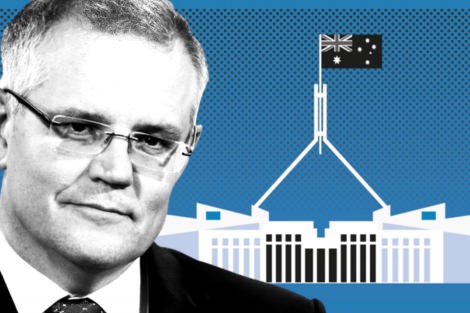
AUSTRALIA
- Andrew Hamilton
- 12 May 2016
5 Comments
It is important constantly to move from the budget to consider the plan it enables. If the budget is for the whole nation, it should look to the good of all, with each person and business having a responsibility for the good of others, particularly the most vulnerable. When budgets are constructed in such a way that the cost of their balancing is gross inequality and the exclusion of vulnerable people from participation in society, they should be rejected. They do not serve but betray the economy.
READ MORE 
-
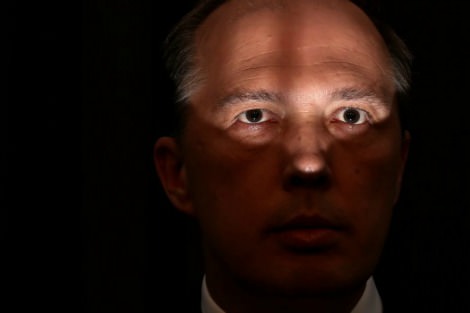
AUSTRALIA
I talk to those on Manus at all times of the day and night and make sure they are okay. Of course, they are not okay, but so far all of my friends are still alive We keep their spirits up by sending them clothes, games and keeping their phones paid-for so they can talk to their families. We keep them informed about what is going on in Australia. We do not encourage them to hurt themselves in order to put pressure on the government. We do everything possible to stop them from hurting themselves.
READ MORE 
-
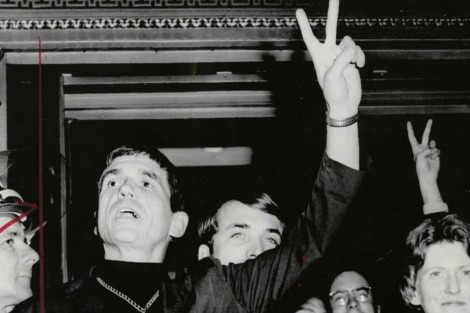
RELIGION
- Andrew Hamilton
- 04 May 2016
18 Comments
By many United States Jesuits including military chaplains, Dan Berrigan was seen as a divisive figure. I also found his actions challenging. I was still to move from my concentration on the goals of military action to focus on what happens to people who make war and have it made on them. Berrigan and others helped me to see the dishonesty in the conduct of the Vietnam war, the cost to Vietnamese civilians and to soldiers on both sides, and the corruption of ethical sensitivity in both societies.
READ MORE 
-
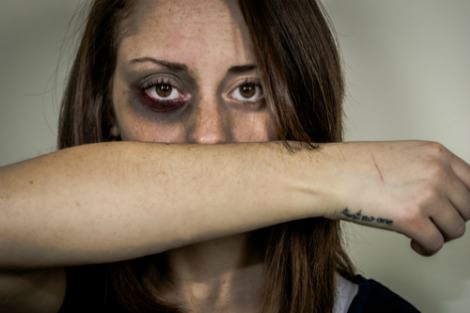
AUSTRALIA
- Fatima Measham
- 01 April 2016
For victims and survivors, the royal commission report into family violence comes as catharsis. For activists and advocates, it is vindication. Perpetrators thrive on impunity. Impunity is built on uncertainty of punishment, cultures of silence, victim-blaming and perceived collusion with figures of authority. Dismantling this is central to violence prevention and ensuring the safety of women and children in the home. The royal commission addresses this goal across 227 recommendations.
READ MORE 
-
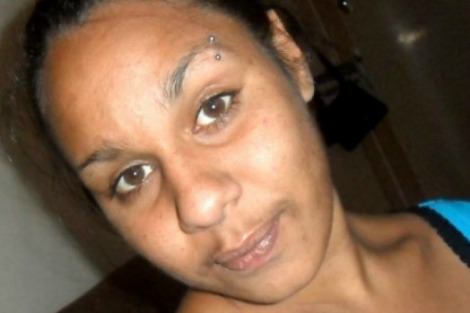
AUSTRALIA
- Kate Galloway
- 30 March 2016
6 Comments
Around half of Indigenous prisoners in Roebourne Regional Prison are there on driving offences. Many Indigenous Australians do not have birth certificates and therefore cannot get a drivers licence. Yet those who live in remote areas often have no means of transport other than by car. When they are caught driving unlicensed, they receive a fine, and since many are unable to pay, they are consequently are jailed. And as we all know, jail is a particularly risky place for Indigenous Australians.
READ MORE 
-

RELIGION
- Frank Brennan
- 07 March 2016
'On his last two visits to Latin America, Pope Francis has focused on past and present relationships between indigenous peoples and their colonisers. This Jubilee Year of Mercy perhaps it could be a blessed moment for Aboriginal Australians and descendants of their colonisers to walk together through the Door of Mercy at the St Francis Xavier Cathedral, calling to mind the sins and endeavours of the past, the achievements and commitments of the present, and the hopes and aspirations of the future.' Fr Frank Brennan SJ, Lenten Talk, Norwood Parish, 3 March 2016
READ MORE
-
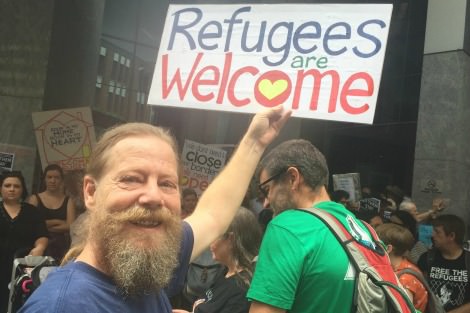
AUSTRALIA
- Andrew Hamilton
- 18 February 2016
18 Comments
It is common for people to break the law. People fail to move on when instructed by police, evade tax, drive too fast, keep silent about abuse, trespass on military facilities, and drive when drunk. Many people assert that it is never right to break a law duly enacted by the government. From this principle it follows that anyone offering sanctuary to people who seek protection in Australia is acting wrongly. This blanket condemnation of law breaking runs against our inherited moral tradition.
READ MORE 
-
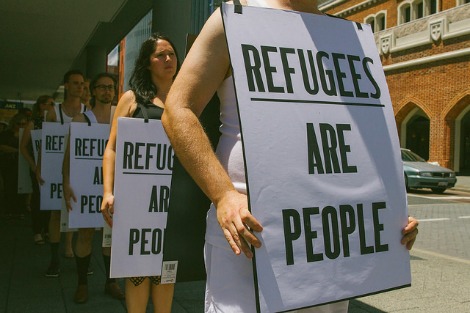
AUSTRALIA
- Kerry Murphy
- 05 February 2016
6 Comments
The practice of governments using the Parliament to change the law in order to win court cases is unfair, as only one party to a court case has the power to do this. The M68 case decided on Wednesday, which challenged the detention and transfer to Nauru of asylum seekers, was effectively won by the government because they changed the law retrospectively to make sure they would win. No retrospective fix will be possible for people who fled persecution only to face a punitive and hostile policy.
READ MORE 
-

AUSTRALIA
- Gillian Bouras
- 29 January 2016
9 Comments
Nobel Laureate Isaac Bashevis Singer often made his characters ask the eternal questions, chiefly Why do we suffer? I can't profess to have any answers to this, except that it is obvious that 'time and chance happeneth to all'. Two examples of such happenings are the huge numbers of ill-fated refugees fleeing Syria and other trouble spots, and the needless death of young Sarah Paino of Hobart, wife and mother, who was killed when a speeding stolen car crashed into hers.
READ MORE 
-

AUSTRALIA
- Frank Brennan
- 10 December 2015
I first met this Tony on my regular visits here to Darwin when he was working at the North Australian Aboriginal Legal Aid Service and then when he set up the mediation services under the auspices of Anglicare. In later years I knew him when he was your Anti-Discrimination Commissioner. He was a quiet, considered, gentle, strong and principled man. On Human Rights Day, it is only fitting that I honour Tony by offering some reflections on the architecture for human rights in Australia, on the contemporary human rights controversies, and on the way forward for better protection of the human rights of Aborigines and asylum seekers, two marginalised groups who had a special claim on Tony's sympathies.
READ MORE